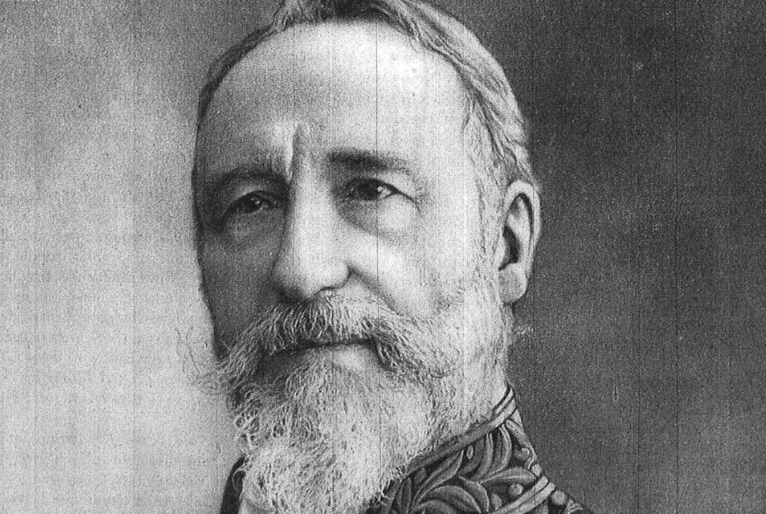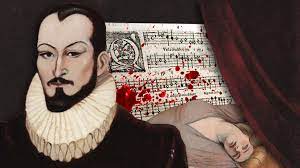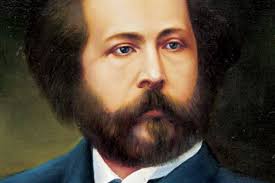
Theodore Dubois – Biography and Life
Théodore Dubois, a luminary of the French musical scene in the 19th century, orchestrated his life with the same finesse and creativity with which he[…]

10 Fascinating Facts about Carlo Gesualdo
Carlo Gesualdo, Prince of Venosa (1566–1613), was not only a composer but also a nobleman, infamous for his tumultuous life and revolutionary music. Here are[…]

Édouard Lalo – Biography and Life
Édouard Lalo, a prominent figure in the annals of classical music, was born on January 27, 1823, in Lille, France. His musical journey began at[…]